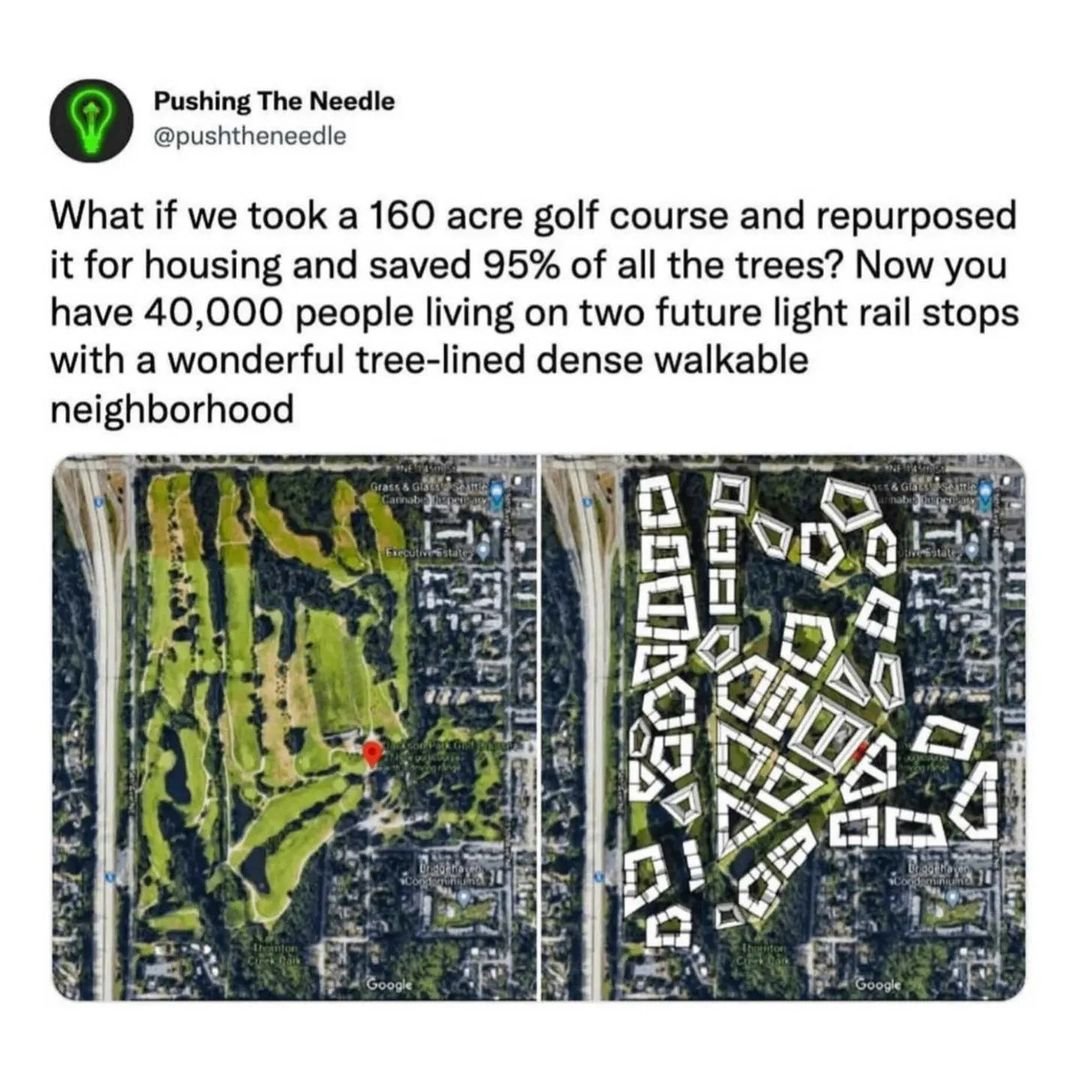Fuck Cars
A place to discuss problems of car centric infrastructure or how it hurts us all. Let's explore the bad world of Cars!
Rules
1. Be Civil
You may not agree on ideas, but please do not be needlessly rude or insulting to other people in this community.
2. No hate speech
Don't discriminate or disparage people on the basis of sex, gender, race, ethnicity, nationality, religion, or sexuality.
3. Don't harass people
Don't follow people you disagree with into multiple threads or into PMs to insult, disparage, or otherwise attack them. And certainly don't doxx any non-public figures.
4. Stay on topic
This community is about cars, their externalities in society, car-dependency, and solutions to these.
5. No reposts
Do not repost content that has already been posted in this community.
Moderator discretion will be used to judge reports with regard to the above rules.
Posting Guidelines
In the absence of a flair system on lemmy yet, let’s try to make it easier to scan through posts by type in here by using tags:
- [meta] for discussions/suggestions about this community itself
- [article] for news articles
- [blog] for any blog-style content
- [video] for video resources
- [academic] for academic studies and sources
- [discussion] for text post questions, rants, and/or discussions
- [meme] for memes
- [image] for any non-meme images
- [misc] for anything that doesn’t fall cleanly into any of the other categories
Recommended communities:
view the rest of the comments

I wish we'd just do non luxury apartment high rises with underground parking in HCOL areas. Then there is room for green spaces, and more people can be accommodated.
Parking is always expensive, and even more so for underground. The counter argument is that you can build much cheaper without, so the units can be more affordable.
I don’t entirely buy that, since developers could already choose less high end finishing for more affordable units and they usually don’t.
Also, “less parking” is not the same as “no parking” and that hinges on their being useful transit or walkability. I know that’s one of the points of a district like this, but this is why you do need to think big, so that an individual developer can make the choice
See also “transit oriented development”. Boston is one of the cities that has been pursuing that idea. Recently it was extended into the suburbs with new higher density zoning being a requirement for every community served by the regional transit authority
All that goes up are luxury units that nobody can afford and it is usually the same stick built BS that is inefficient in use of space and adds more tarmac
Sure, but zoning has some effect - developers will build to maximize their profit within what is allowed by zoning.
I’m not claiming zoning is sufficient nor does it act quickly but it can be a tool for improving livability, setting the conditions for developers to profit more by building what the town benefits from.
Currently zoning is mostly a weapon enforcing the status quo, but it doesn’t have to be